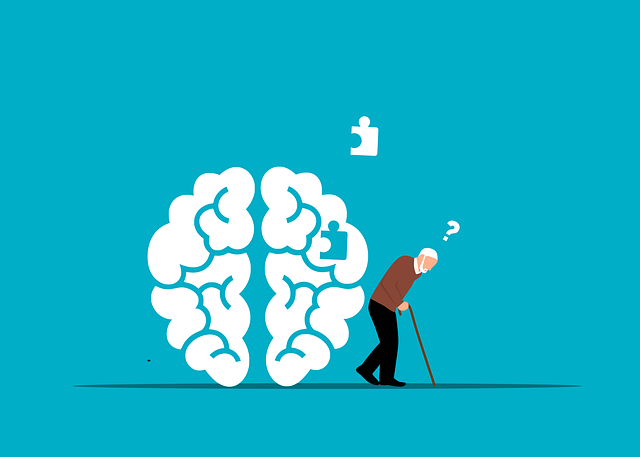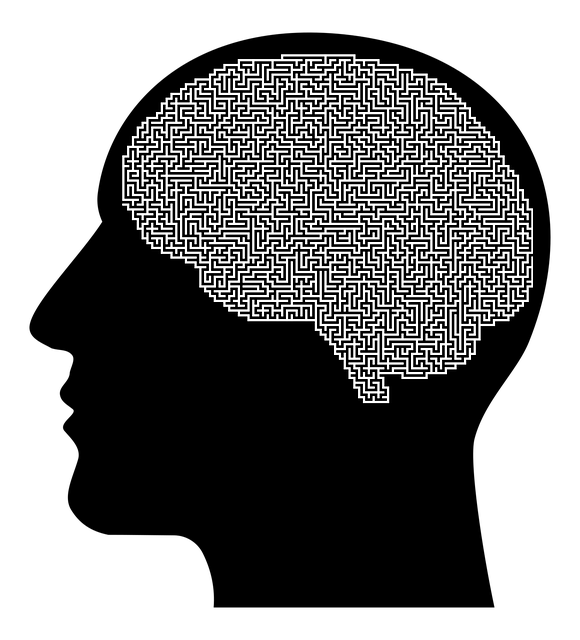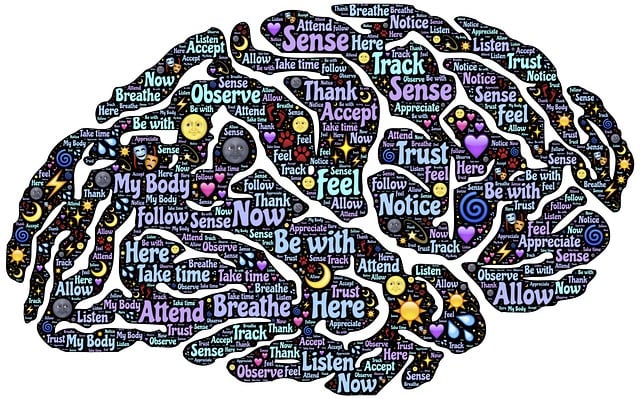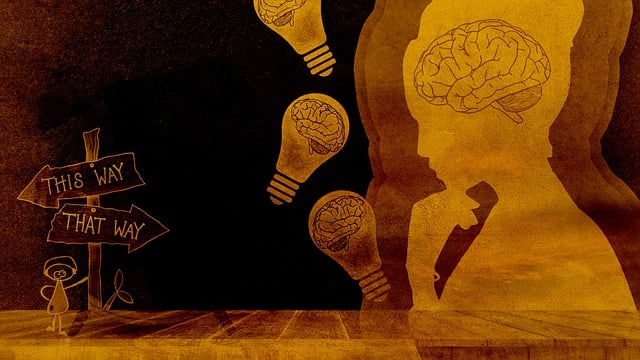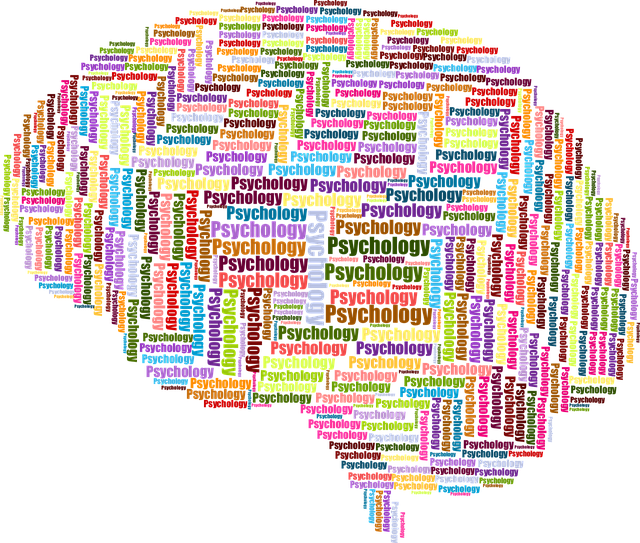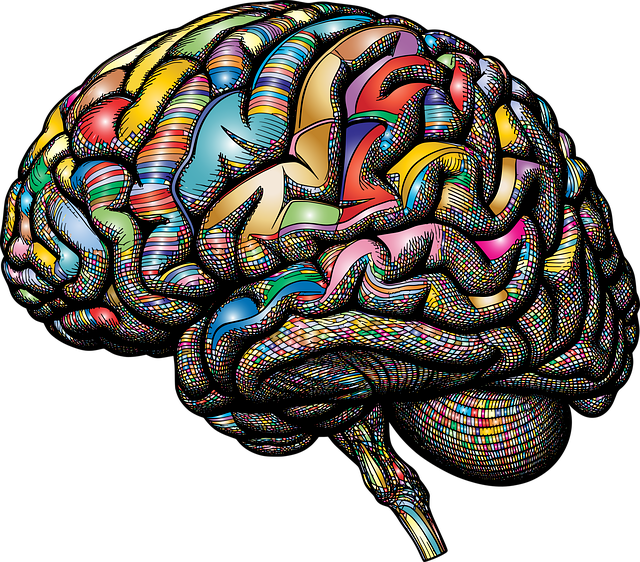Mental health self-assessment tools tailored for young adults with ADD/ADHD are transformative, offering accessible platforms for self-reflection and coping strategy development. Integrating therapy techniques like CBT, mindfulness, and stress management, these tools address unique challenges such as focus and time management difficulties. Digital solutions, popular among today's young adults, provide flexible, cost-effective, and anonymous online support, including interactive exercises and guided meditations. By empowering users with self-care practices and cultural competency, these assessments enhance academic success, relationships, and overall quality of life for individuals seeking therapy for young adults ADD-ADHD.
Mental wellness self-assessment tools play a pivotal role in empowering young adults to take charge of their mental health. This article explores the development and importance of such tools, focusing on two key aspects: understanding the nuances of self-assessment and leveraging therapy techniques for accurate evaluation. We also delve into the unique challenges and strengths of individuals with ADD/ADHD, while highlighting the potential of digital solutions to enhance access to therapy for young adults.
- Understanding Mental Health Self-Assessment: Unlocking the Power of Self-Reflection for Young Adults
- The Role of ADD/ADHD in Self-Assessment: Recognizing Unique Challenges and Strengths
- Developing Effective Tools: Integrating Therapy Techniques for Accurate Evaluation
- Promoting Mental Wellness Through Digital Solutions: Accessible Resources for Young Adults
Understanding Mental Health Self-Assessment: Unlocking the Power of Self-Reflection for Young Adults

Mental Health self-assessment tools are powerful resources for young adults to navigate their emotional landscapes. By encouraging self-reflection and introspection, these tools empower individuals to better understand their mental wellness. This proactive approach is crucial for young adults, many of whom face unique challenges such as ADD/ADHD, that can impact their academic performance, relationships, and overall well-being.
Through the development of user-friendly and accessible self-assessment platforms, we can foster a generation equipped with essential coping mechanisms and awareness. This shift towards mental wellness promotion can be likened to the production of a Mental Wellness Podcast Series—each episode delving into different aspects of emotional intelligence, offering insights, strategies, and support for young adults navigating their minds and emotions in today’s complex world.
The Role of ADD/ADHD in Self-Assessment: Recognizing Unique Challenges and Strengths

The development of self-assessment tools for mental wellness must consider the unique experiences of individuals with Attention Deficit Hyperactivity Disorder (ADHD) or Attention Deficit Disorder (ADD). These conditions can present distinct challenges when it comes to self-reflection and personal growth. Many young adults struggling with ADHD/ADD often face difficulties in maintaining focus during introspective tasks, which might impact their ability to accurately assess their emotional states and mental health. However, this same challenge can also be a strength; their heightened awareness of environmental stimuli can translate into an acute sensitivity to their own internal experiences and emotions when directed appropriately.
Incorporating strategies tailored for ADHD/ADD individuals in self-assessment tools can facilitate their involvement in therapy for young adults and enhance the effectiveness of Trauma Support Services or Crisis Intervention Guidance. For instance, Mental Wellness Journaling Exercise Guidance adapted for this demographic might include structured yet flexible formats, allowing them to capture moments of heightened focus and reflection within a supportive framework. This personalized approach not only acknowledges their unique cognitive profile but also empowers them to take an active role in managing their mental wellness.
Developing Effective Tools: Integrating Therapy Techniques for Accurate Evaluation

Developing effective mental wellness self-assessment tools requires integrating various therapy techniques to ensure accurate evaluation. For young adults with Attention Deficit Hyperactivity Disorder (ADD-ADHD), these tools must account for the unique challenges they face, such as difficulties with focus, time management, and emotional regulation. Incorporating evidence-based practices from cognitive behavioral therapy (CBT), mindfulness meditation, and stress management techniques can provide a comprehensive understanding of an individual’s mental health status.
Self-care practices are also integral to these tools, encouraging users to assess their coping mechanisms and overall well-being. Healthcare provider cultural competency training ensures that the assessment is inclusive and sensitive to diverse populations. Moreover, integrating stress management workshops within the tool can empower young adults with strategies to navigate daily stressors effectively. Organizations can play a pivotal role by offering resources and support for developing such tools, fostering a more holistic approach to mental wellness assessment.
Promoting Mental Wellness Through Digital Solutions: Accessible Resources for Young Adults

In today’s digital era, young adults are increasingly turning to technology for support with their mental wellness, particularly when it comes to therapy and stress management. Accessible online resources offer a non-intimidating way to explore mental health tools, catering to those who may feel uncomfortable stepping into a traditional therapy setting. These digital solutions provide an array of benefits, including flexibility in scheduling, reduced costs, and anonymity, making them especially appealing to young adults with busy lives or unique needs, such as those diagnosed with ADD-ADHD.
By incorporating compassion cultivation practices and stress reduction methods, these digital tools empower young adults to take an active role in their mental wellness journey. Through interactive exercises, guided meditations, and self-assessment questionnaires, individuals can gain valuable insights into their emotional states and develop effective coping mechanisms. This proactive approach not only helps manage existing stress but also fosters resilience, equipping young adults with the resources they need to thrive both personally and academically.
Mental wellness self-assessment tools play a pivotal role in empowering young adults to take charge of their mental health. By integrating therapy techniques and digital solutions, we can create accessible resources that cater to diverse needs, including those of individuals with ADD/ADHD. These tools not only facilitate accurate evaluation but also promote proactive mental wellness management, ensuring a brighter and more resilient future for our youth.
